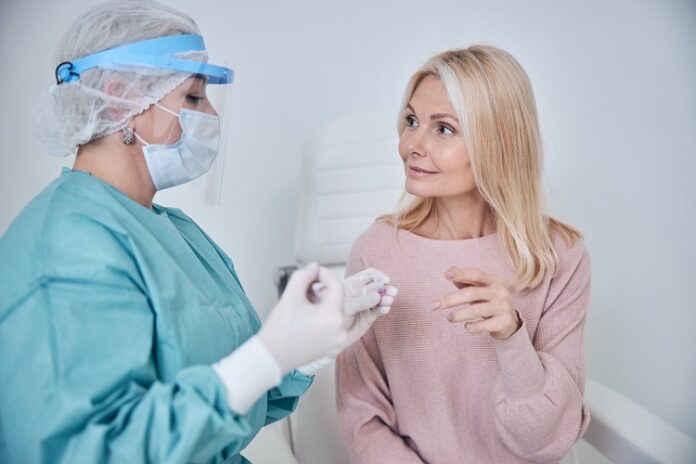Proctology appointments may not be the most enjoyable experience, but they are necessary for maintaining good colorectal health. If you are feeling anxious or frightened before your first consultation with a proctology doctor, reading up on the topic beforehand might help put your mind at rest. First doctor visits often do not need any special physical preparation on the patient’s part. Before your scheduled visit, your doctor will let you know what, if any, steps you need to take to be ready. In preparation for your first proctology Astoria visit, please take into account the following:
Table of Contents
Understand what to expect
Proctology appointments typically involve a physical examination of the anus, rectum, and lower gastrointestinal tract. Your doctor may use a proctoscope or colonoscope to view the area better. In some cases, a biopsy or other diagnostic test may be necessary. Knowing what to expect can help you mentally prepare for the visit and ease anxiety.
Keep a symptom diary
If you are experiencing symptoms, such as bleeding, pain, or discomfort, keeping a symptom diary can be helpful. Record the frequency and severity of your symptoms and any other factors contributing to them, such as diet or stress. This information can help your doctor make an accurate diagnosis and determine the best course of treatment.
Prepare a list of questions
Ensure you make the most of your appointment by asking your doctor any questions. Write down any questions or concerns beforehand so you don’t forget them during the meeting. Among the questions you may want to ask to include:
- What is causing my symptoms?
- What are my treatment options?
- How can I prevent these symptoms from recurring?
- How often should I have proctology appointments in the future?
By asking these questions, you can ensure that you better understand your condition and the treatment options available to you.
Follow any pre-appointment instructions
Your doctor may provide you with specific instructions to follow before your appointment. It may include dietary restrictions or bowel preparation instructions. Follow these instructions carefully to ensure the meeting is as effective as possible. Failure to follow these instructions may result in a preliminary examination, which can delay diagnosis and treatment.
Dress comfortably
Proctology appointments can be uncomfortable, so it is important to dress in comfortable clothing. Loose-fitting pants or a skirt may be more comfortable than tight-fitting clothing. It is also a good idea to bring an extra pair of underwear in case you need to change after the appointment.
Consider tagging along a support person
If you feel anxious or uncomfortable about the appointment, consider bringing a support person. A family member or friend may provide emotional support and help you feel more at ease. Having someone to talk to before and after the appointment can also be helpful.
Before seeing a proctologist, the greatest thing you can do is chill yourself. Patients’ fear and worry before their appointments are sometimes more distressing than the actual appointments themselves. After you arrive at the testing facility, you will complete your evaluation in no time. At the absolute least, you will have the peace of mind that comes with knowing the cause of a physical problem holding you back from living your life to the fullest.







